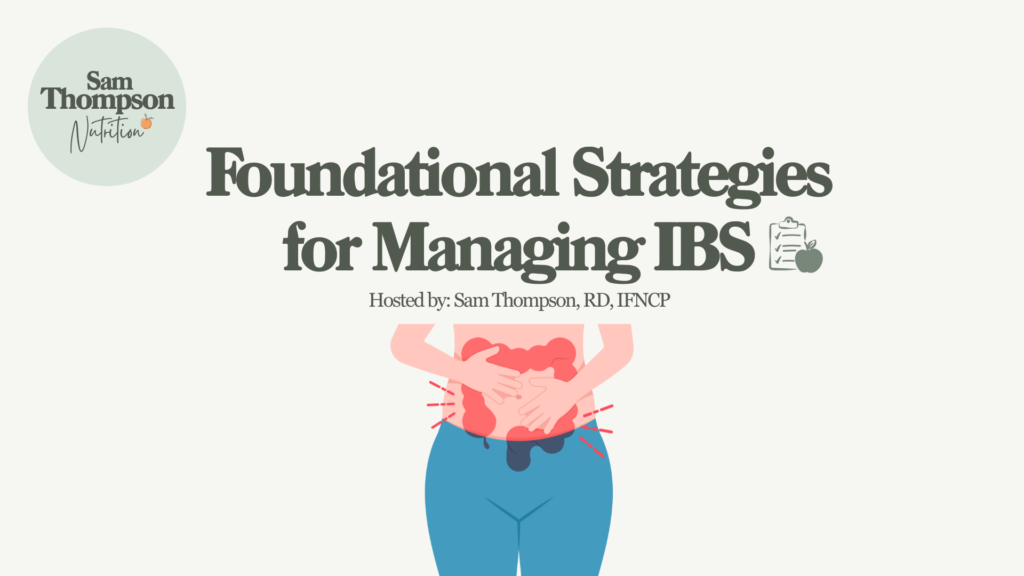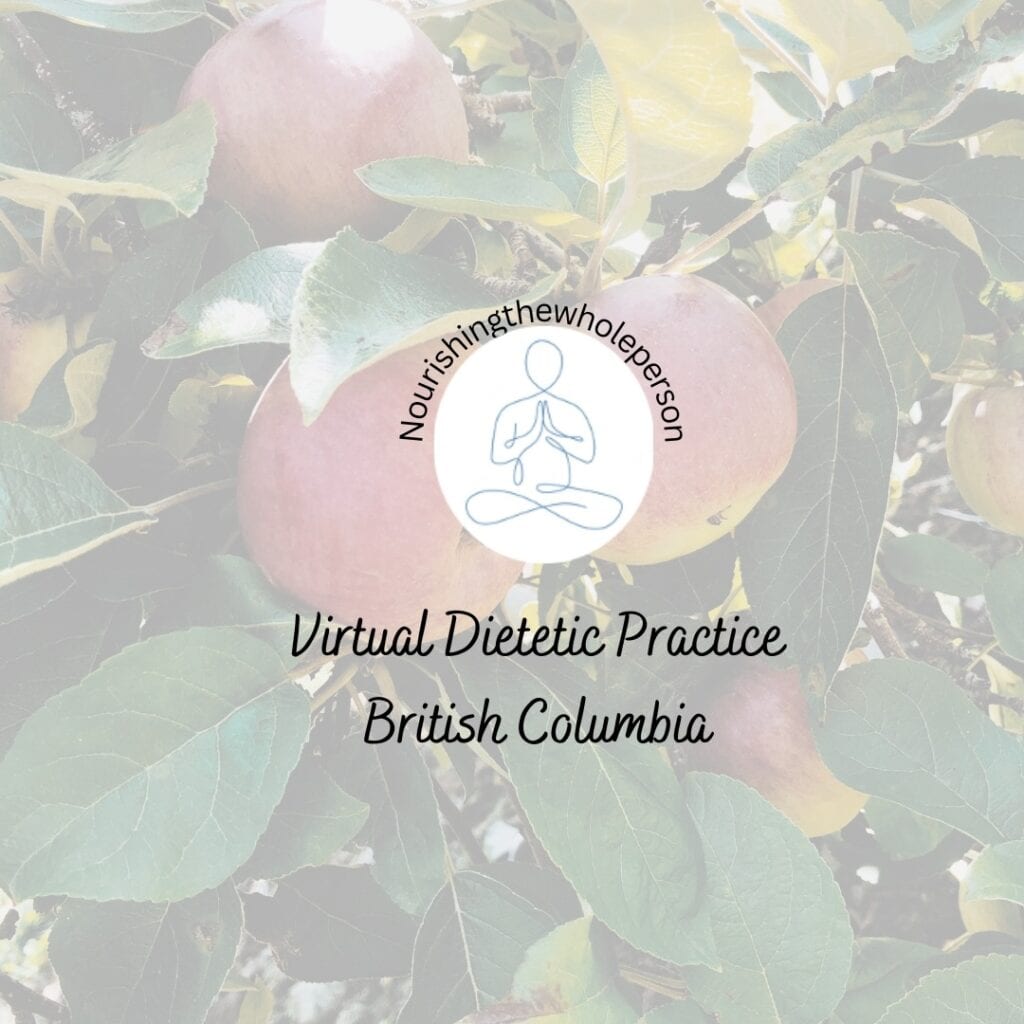Find a Food Allergy Dietitian
BC Dietitians can Help Support You Understand and Manage Your Food Allergies & Sensitivities
If you’re struggling with a food allergy or sensitivity and feeling sick after you eat, you may be eliminating foods from your diet in an attempt to figure out what could be causing your symptoms. Trying to manage symptoms on your own or self-diagnosing can be overwhelming and not getting down to the root cause of the problem. Eliminating all these foods from your diet often cause further issues and malnutrition.
Registered dietitians have the knowledge and experience to work with you and your doctor to help make sense of your food allergies or sensitivities. We use an evidence-based approach to help you understand your symptoms, implement an elimination diet, find appropriate food substitutions, ensure nutrition adequacy despite the dietary restrictions, guidance on reintroducing foods back into your diet when it is deemed safe and prevent future reactions.
When you’re introducing foods to your baby, it’s important to use a preventative approach so you’re minimizing your child’s risk of developing food allergies. If you’re looking for answers to your child’s existing food allergies, your dietitian can help you find clarity and navigate the health system to get you the care you need. Your dietician will also help you to make sure that your child’s nutritional needs are met through education and find clarity around foods that are safe for your baby to eat.
We help children and adults with the following:
- (IgE) Mediated Allergy – If you or your loved one is suffering from E(IgE) Mediated allergy, they may have symptoms that include: hives, rash, swelling, anaphylactic reactions. The dietary intervention is typically strictly avoiding these foods.
- Non-IgE Mediated Allergy – If you or a loved one is suffering from Non-IgE Mediated allergy, they may have symptoms that include: vomiting and diarrhea. The dietary intervention is typically avoiding these foods but you may be able to safely consume them in more processed forms or reintroduce them in the future.
- Eosinophilic Esophagitis (EoE)– A swallowing disorder that affects the esophagus that could lead patients to feel like food is stuck or impacted when they eat. Dietary interventions may include elimination diets or elemental diet.
- Food Protein-Induced Enterocolitis Syndrome (FPIES) – An inflammation involving both the small intestine and the large intestine (colon). Symptoms include severe vomiting and diarrhea within 2-3 hours of eating the food. The dietary intervention is typically avoiding these foods but you may be able to safely consume them in more processed forms or reintroduce them in the future.
- Allergic Proctocolitis – This typically affects young babies and could present as blood and mucus in the stool. The dietary intervention is typically avoiding these foods but you may be able to safely consume them in more processed forms or reintroduce them in the future.
- Celiac Disease – This is an autoimmune disease where antibodies are attacking your small intestine when you eat gluten (a protein in barley, rye, wheat). Symptoms may range from iron deficiency to diarrhea or some may have no symptoms at all. The dietary intervention is typically strictly avoiding gluten lifelong.
- Lactose Intolerance – An intolerance to lactose, a sugar in milk, in people who lack the enzymes to break down lactose. Symptoms often includes stomach upset and diarrhea soon after eating dairy products. The dietary intervention is typically limiting lactose (usually people can still tolerate a certain amount) and/or pairing dairy products with other foods and/or taking an enzyme (lactase) to help your body to break down and digest lactose.
- Gluten Intolerance – An intolerance to gluten when celiac disease has been ruled out. Symptoms may include upset stomach, digestive issues or general sense of unwell after eating these foods. The dietary intervention is typically limiting the amounts of these foods or understanding your personal threshold (usually people can still tolerate a certain amount) and/or avoiding it temporarily and reintroducing it in the future.
- Other food allergies or sensitivities
Book a Food Allergy Dietitian Today
Frequently Asked Questions
All allergy testing has to be done through your doctor and/or allergist. Allergy testing is mostly available for IgE allergies through skin prick testing and/or blood test. The results are taken into consideration with your symptoms to provide an accurate diagnosis. Please note that there are many allergy testing available on the market that are unvalidated and are not accurate.
Food allergy dietitians typically have clinical experience working in allergy clinic that treat patients with diagnosed food allergies. These RDs will also partake in continuing education to stay current with the latest research, treatment guidelines, and best practices in food allergy management.
A food allergy dietitian can help you with the following :
- guide you through an elimination diet and finding alternatives that you can safely eat
- reintroduce foods and manage symptoms
- provide education around the different types of food allergies and guide you through the medical system to get an accurate diagnosis
- dispel misinformation around food allergies
- learn label reading and cross contamination risks
- optimize your eating and nutrition despite food restrictions and elimination
- decrease anxiety around eating and experiencing symptoms
- avoid unnecessary food restrictions
We make it easy for your to find a specialized allergy dietitian in BC. Check out the dietitians listed on this page. Look through the diabetes dietitians and click on their profiles to read more about their qualifications, experience, and services. Connect directly with your food allergy dietitian and get started !















